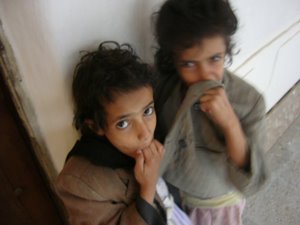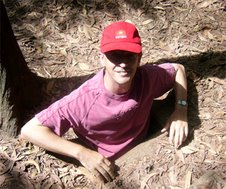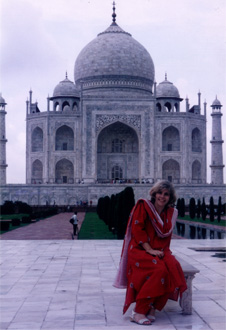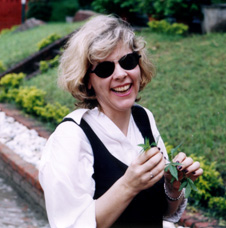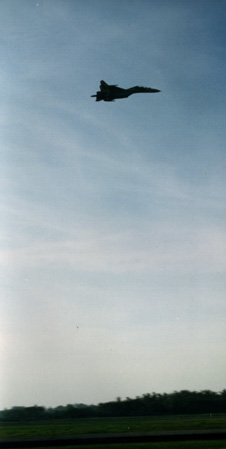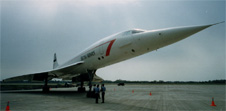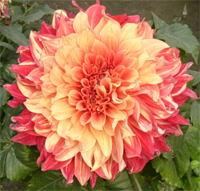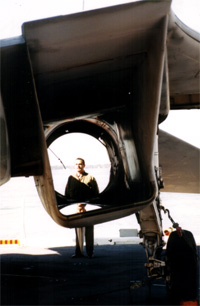Sydney press of late has drawn our attention to the rising problem of drug use in our city (an example here), in particular calling attention to methamphetamines, or ice, which are becoming increasingly pervasive. Rightly so – the press attention that is. On the Northern Beaches of Sydney there is a volunteer based group which is part of the national Drug Arm initiative. A Street Outreach Service (SOS) is staffed by volunteers who provide a free referral service for those who want to, or need to seek assistance for drug related problems. That service travels the beaches on Friday and Saturday nights, stopping at regular “hot spots” where young people may, or may not congregate. It is bit of a hit and miss affair – some nights there seem to be young people everywhere. Other nights you could carpet bomb the region and not hit a single kid.
I am no expert on drugs. But I get out as a team leader of the Northern Beaches SOS every few weeks. This is not a commentary on the drug scene up here. Rather I want to share with you something much more positive and encouraging.
I thought I would share something of last Saturday evening which is pretty typical of a “busy” night out (sometimes new volunteers wonder what they have gotten into when they start and the streets are deserted!). What I really want to do is give you a snapshot of the kids we meet. They never fail to surprise and impress me. We want to make negative assumptions about packs of kids roaming the streets. But they are unfailingly polite, considerate, appreciative, humorous, wise and invariably sensible. And as a pack they are always looking out for each other, a characteristic to which I am especially attuned for some reason.
Sydney weather was unusual – it was raining a drizzle which was steady and consistent. But not cold. We pulled our van into a carpark at a surf club. We could see shadows moving through the trees, a group of five or six teenagers had crossed the road in front of us as we drove into the area, while another group had waved at us and called out to “the Milo (hot chocolate) van” to stop. Clearly there were a few kids out and about and this seemed like a good place to stop. Armed with Milo and sweets and biscuits, as well as hot water, we open up the van and make a few drinks for ourselves. It is a convenient tactic which helps make it look like we are busying ourselves and are not especially looking for them Soon a couple of young boys step out of the shadows and ask if they can have a drink. They are like the first wildebeest that tentatively nose into a waterhole to see what danger lurks. If not devoured by a crocodile they disappear into the dark with their drinks and soon there is a steady trickle of less adventurous visitors who gather around the back of our van chatting, drinking, eating and otherwise being very engaging.
Fresh faced, clear eyed, bleached hair, surfers. Not so clear eyed and more grungily dressed – the counter surfer culture (another story in its own right). Some clear headed and alert to the dangers of drugs. Others on that bold animated alcohol cheeky high that gives them a forwardness which can be both humorous and disturbing. That a fifteen year old should be so drunk is not world shattering news. But when you eye ball them and when they are being open with you about what a mess they are in at such an early age, it is a little more confronting.
But not tonight. Sure we had our inebriated comedians but they kept a good humour. The overwhelming impression of these teenagers is that they are far wiser than their years. And they shock you, pleasantly, with their manners and genuine appreciation for the hot drink and the fact that you are there. EVERY visit is marked by this politeness, regardless of where we turn up. Their honest affection and praise for us makes me a bit uncomfortable. And once one question is asked we usually get a barrage of questions followed by typical teenage praise. Like tonight…
“Why do you do it?”
“Who pays for it?”
“Do you get paid?”
“Are you really a volunteer?”
“How often do you do this?”
“Legend”
“Awesome”
“Thanks heaps”
“You guys are cool”
“Wow, not paid?! Cooool…”
“Hey, you are old enough to be my Dad!”
(Thanks a lot).
So the patter goes and I listen to a young girl talk about her concern for a friend who is keen on taking drugs. There is a real fraternity among these kids growing up together here. The boys display a respect and honour for the girls in their group, while the girls always seem discrete and full of self confidence. They never fail to impress me with their composure, wisdom and wit.
One of them comments on how, in this conversation about drugs (that had arisen from the concern expressed about the girlfriend), we were not being judgemental in any way. Perceptive young chap – that is a key objective of ours as we hand out literature on ICE (and other drugs) and give advice on what resources they can access. Education, referral, a listening ear – and no judgement.
Part of me admires the freshness and honesty and beauty of this youthful demographic and the carelessness and irresponsibility with which they live. It is honest and open and frank. Standing in the rain caring less about how wet they are and enjoying a hot drink and chewing the fat. Another part of me is a little more grey, knowing that it won’t be long before that freshness is tarnished by all the less savoury bits that life has to offer.
From the direction of the beach and with a backdrop of dark and booming surf a young fellow appears. Drunk. Very drunk. Can of flavoured spirits in his hand. A very humorous drunk as it turns out but also very conscious of his parlous state – which he tries to justify by projecting onto us. “Don’t tell me you weren’t drunk and doing drugs when you were fifteen?!!” Com’n, com’n ya kin tell me”. A tall girl with model good looks tells him to shut it – in the nicest way of course.
“You are all legends”
“How can I volunteer?”
“Can I have some biscuits please?”
“Please!” And “Thankyou.” Or, rather “Thanks heaps” or “thanks so much”. That always surprises me. Terrific manners. Always appreciative. We don’t do this for the thanks but we never have to ask for it either, or rue not getting it. It is always there and its ready proffering is partly what makes this so enjoyable.
More shadows step out of the trees. “I hear you have hot chocolate. Cool”
“Is it free?”
“That is so extra cool”
“Who is paying for this?”
“Are you really not paid?”
“Cool”
The clear eyed, sandy haired surfing types start to congregate and mix less freely as the more resentful and grungy types gather in greater numbers. The dynamic shifts slightly – but not in a hostile way. The non surfers detest the surf population and insist they are made to feel inferior by those who surf. They mock the surf set and the 6am rise for “an early”.
But everyone still mills around in good humour, some drunk, one or two others possibly on the down side of a drug dose. Suddenly a shambling behemoth appears under a nearby street light then turns into shadow again as it approaches. I have to look closely to see what it is. As it trundles in from the darkness someone yells out “Shrek”. A good natured giant kid (he is enormous!!) who makes them all laugh but is probably torn inside, materialises beside the van. Our model good looks warns us to lock away the food – not an idle warning as it turns out, since Shrek proceeds to load up the pockets of his jacket. Clearly under the influence of something, he has to prop himself up on the van as he cleans out our stock. Giant. But placid. And once again the subject of fraternity concern as I hear a couple of mates check up on him and his wellbeing. Quietly done so as not to embarrass him, but direct and honest. And he is direct in his reply. These kids always amaze me. They are not mine but in a strange sort of way I am proud of them.
We pack up. Model and her friends have moved away and we pass them on the street. They shout and wave farewells and “good luck” - and “thanks!”
----------------------
Drug Reference Resource -
National Drug and Alcohol Research Centre
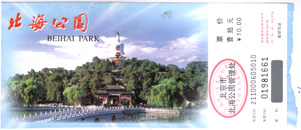

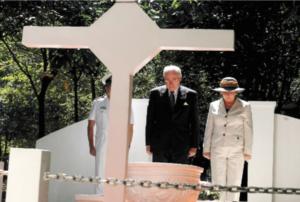
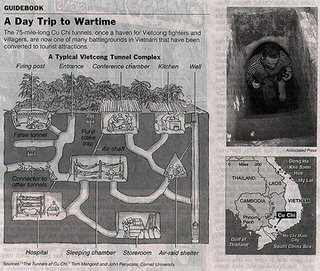
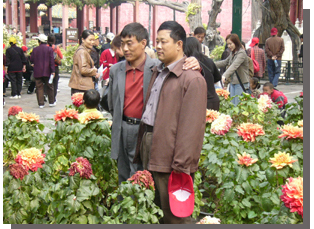

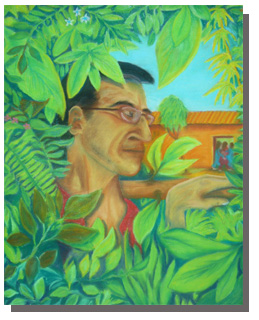
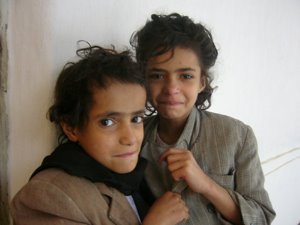
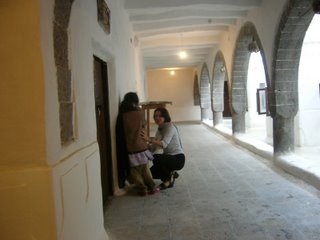 Here they are being very shy. The French woman is assuring them I am OK. She was the woman to whom they darted for a brief hug before pulling away and running around this upstairs veranda. Then darting back for another hug. Over and over in a game, albeit a serious one. Here, it seems, is their only wellspring of love.
Here they are being very shy. The French woman is assuring them I am OK. She was the woman to whom they darted for a brief hug before pulling away and running around this upstairs veranda. Then darting back for another hug. Over and over in a game, albeit a serious one. Here, it seems, is their only wellspring of love.